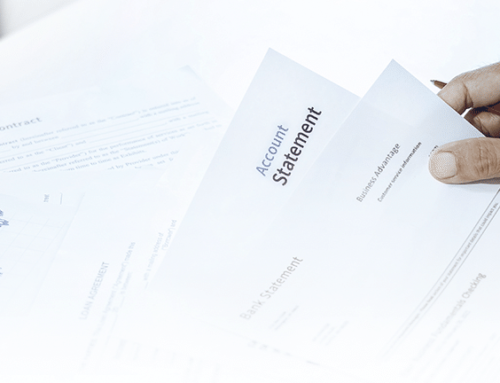Knowing your borrowing power is crucial so you don’t waste time looking for houses you can’t afford and, as a result, home loans you won’t be able to repay. Understanding your borrowing capacity also means you’ll be able to estimate your home loan repayments.
Furthermore, lenders assess borrowing power since it helps them assess the risk you pose as a borrower and your ability to repay a loan. We’ve summarized 8 suggestions to help you increase your borrowing capacity.
1. Reduce or pay out other debt.
Getting rid of as much debt as possible before applying for a mortgage can help you borrow more money. Why? In the viewpoint of lenders, the less debt you have, the more money you’ll have to pay for a home loan. Personal loans, car loans, and credit cards, afterpay, interest free store offers are all examples of such debts.
2. Declare all of your earnings.
When it comes to increasing your borrowing ability, the more revenue you can demonstrate, the better. Rental income, government payments, and superannuation are all sources of income for some lenders. Payslips and tax records will be required to show your income. If you’re self-employed, you are normally required to provide 2 years tax returns.
3. Boost your credit rating
Have you recently checked your credit score? If not, this is a good moment to start. If it needs a boost, make sure you restrict the number of loan and credit applications you make in the months leading up to your home loan application. Also, make sure to pay any bills or debts on time, as paying off debt will help you enhance your credit score.
A good credit score will help you borrow more money since it demonstrates to lenders that you can manage credit responsibly.
4. Examine your spending and stick to your budget.
Increase your borrowing capacity by cutting back on your expenditures in the months leading up to your house loan application. This could include reducing unnecessary expenditure and shopping around for better bargains on expenses you can’t avoid, such as auto insurance or your internet service.
Before you apply for a loan, lenders will examine your bank statements for up to six months to analyze your living expenditures. This gives them an idea of how much money you’ll be able to pay toward a home loan ongoing.
5. Form good saving habits.
Lenders will look favorably on you if you can show a consistent history of savings. Savings are an asset since they can be used to generate income. Because stocks and other investments are assets, showing proof of them to your lender can help you borrow more money.
6. Maintain a steady income
Maintaining an ongoing and stable job is a crucial method to increase your borrowing capacity. Lenders require proof of this since it demonstrates that your income is stable and constant, indicating you can “stick” to a plan.
7. Carefully select your lender.
When it comes to choosing a lender, it pays to do use a finance professional. By using a mortgage broker, you can be sure that the lender you select is appropriate for your needs and financial circumstances. If you’re self-employed, for example, your borrowing capacity may be bigger with a lender that specializes in self-employed loans.
8. Save a substantial deposit.
Even though this is the most obvious of all the suggestions, it is still worth addressing. The bigger your deposit, the less money you’ll need to borrow from the bank to buy your property. Because you’re a reduced risk to the lender, you’ll have more borrowing ability.
If you’d like to know how to increase your borrowing power and take advantage of the current industry offers, CLAIM your FREE CONSULTATION CALL.









Leave A Comment